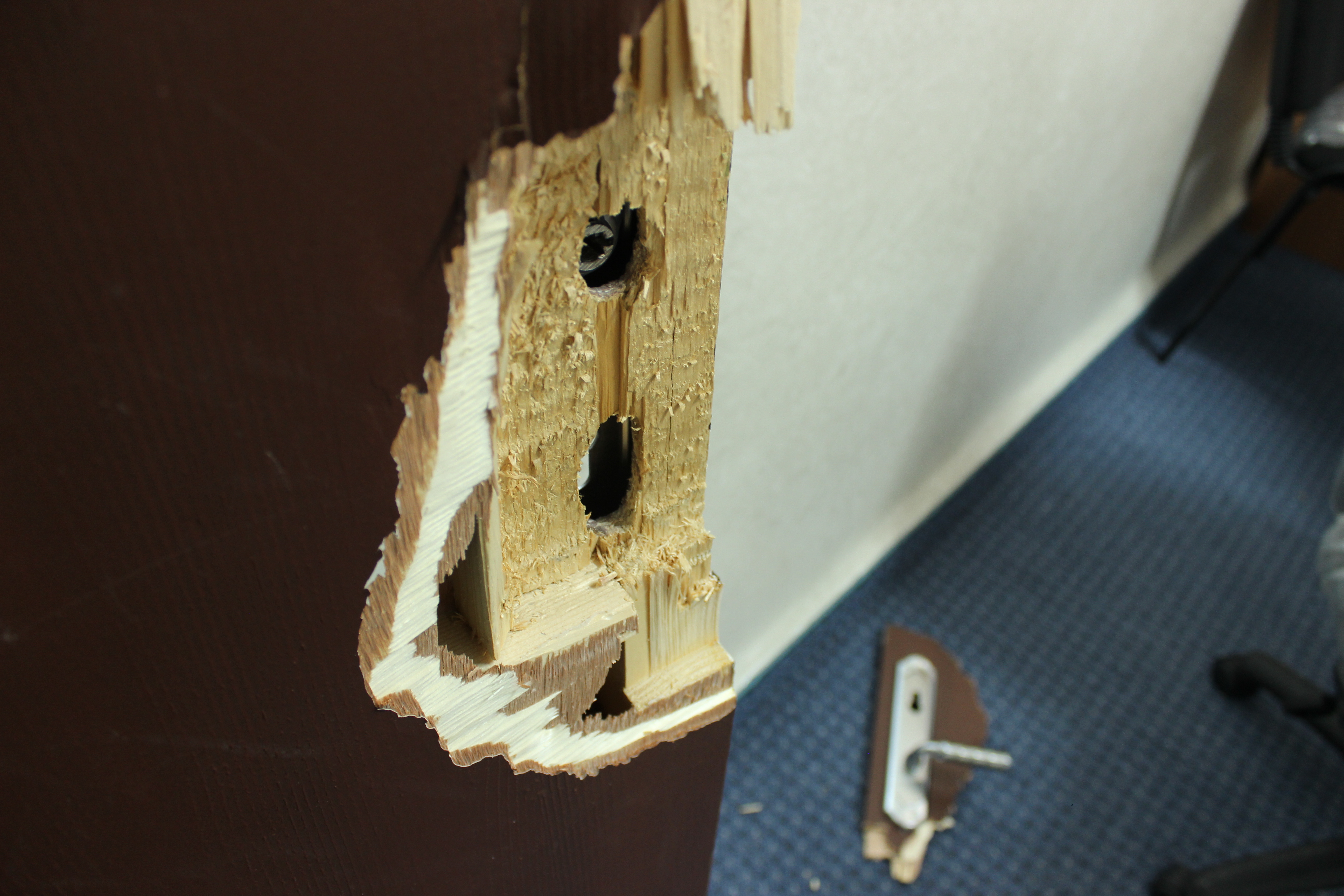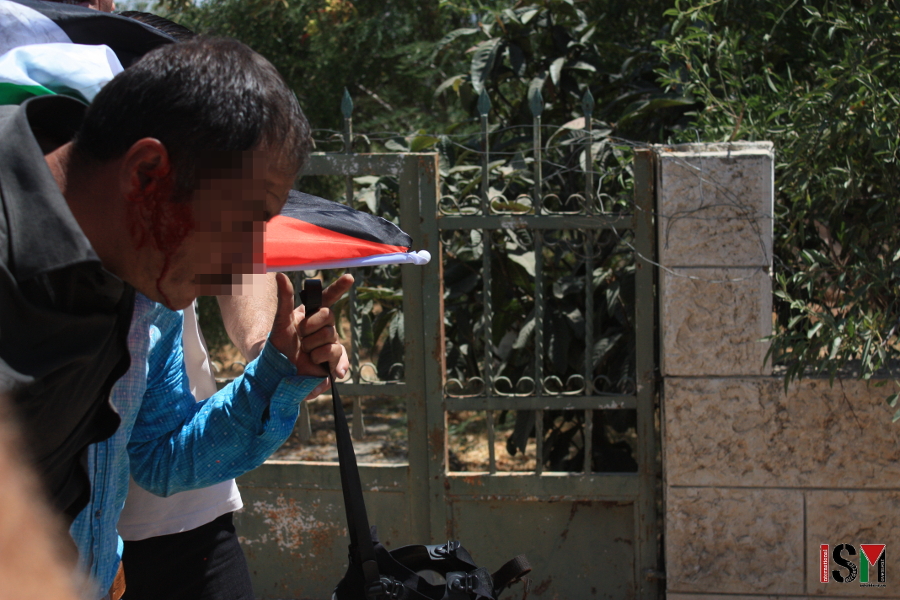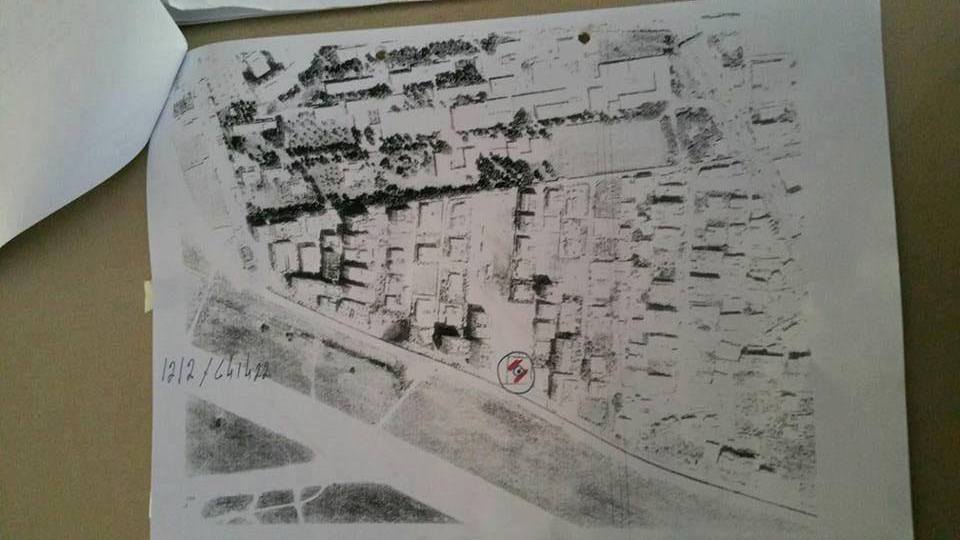Category: Reports
-
Israel raids Palestinian news agency, confiscates hard-drives
Early this morning, Israeli forces raided the al-Khalil headquarters of Al Quds media, kicking down doors to gain entry before confiscating computer hard-drives. The soldiers searched two press offices in the building, belonging to Ramsat and Pal Media news agencies. After scattering documents across the floor, they confiscated the hard-drives from all computers in the…
-
Israeli forces shoot teargas and rubber coated steel bullets at the 6th anniversary demonstration of Kafr Qaddum
9th July 2017 | International Solidarity Movement, Al-Khalil team | Hebron, occupied Palestine On Friday 7th of July the residents of Kafr Qaddum gathered for their weekly demonstration marking its 6th anniversary, which was repressed by the Israeli forces shooting teargas, stun grenades and rubber-coated steel bullets at demonstrators. Israeli forces approached the demonstrators in…
-
Residential buildings in Qalandia facing demolition
6th July 2017 | International Solidarity Movement, Ramallah Team | Qalandia, occupied Palestine Four buildings are at risk of being demolished by Israeli authorities close to Qalandia checkpoint, occupied West Bank. One of these buildings is still under construction, and the other three are undergoing major renovations, yet most of the apartments have already been…



